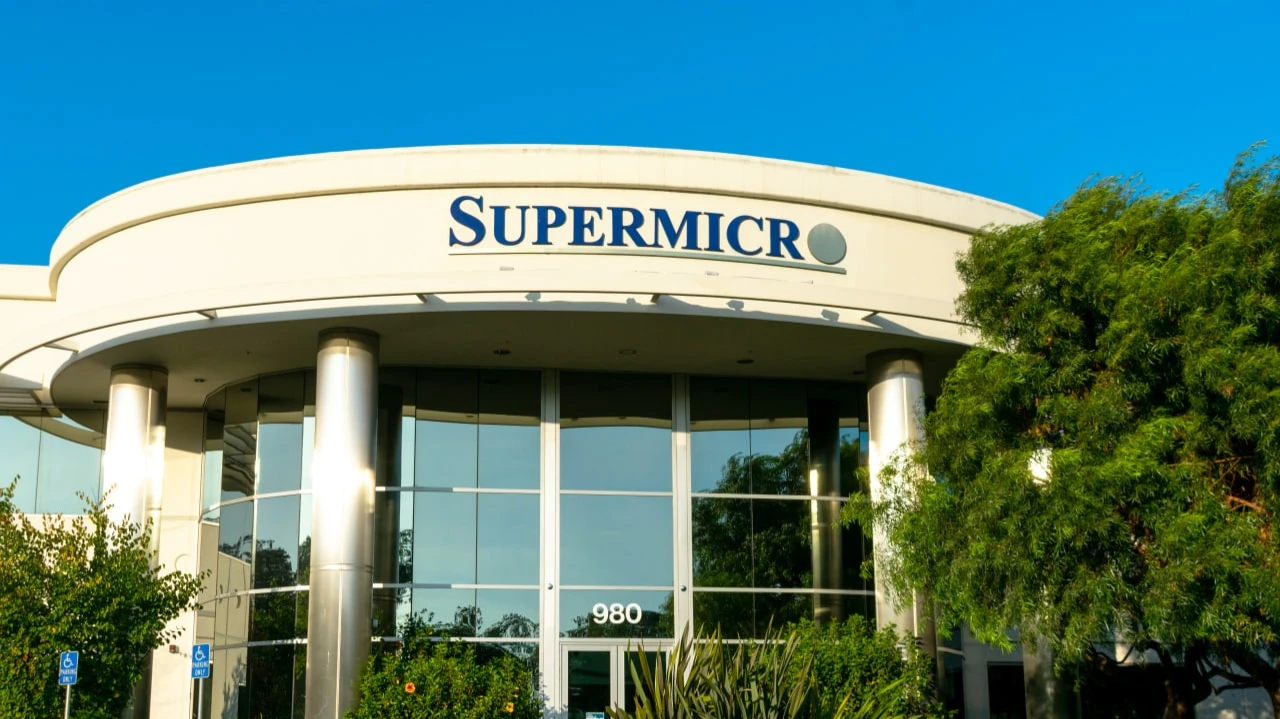Top stories of the morning: Supermicro collapse, OpenAI's $0.5 trillion valuation, threat of new duties

OpenAI is negotiating a stock sale that could raise the company's valuation to $500 billion. Server maker Super Micro Computer reported lower profits and gave a weak outlook, attributing the results in part to Donald Trump's trade restrictions. The US President, meanwhile, is set to announce new duties on semiconductors and pharmaceuticals. About these and other topics - in our review of key events for the morning of August 6.
OpenAI could reach $500 billion valuation in new stock deal
ChatGPT developer OpenAI is in preliminary talks about a share sale that would allow employees to cash out stakes and could lead to a valuation of the company of about $500 billion, Reuters and Bloomberg reported, citing sources. Existing investors, including the Thrive Capital fund, are discussing a possible participation in the deal, according to one of the sources. Thrive Capital declined to comment.
The $500 billion is a steep jump from the company's current $300 billion valuation, which it received with Microsoft's backing.
The stock sale will provide employees with financial motivation amid fierce competition for AI talent from tech giants such as Meta that offer generous compensation packages, Bloomberg notes.
Trump announced new duties on chips and pharmaceuticals
Donald Trump announced that he will announce new duties on semiconductors and pharmaceuticals as early as next week. "We want them manufactured in the United States," the president explained in an interview with CNBC. According to him, the announcement will take place "within a week or so."
He did not specify details regarding semiconductor supplies, but the rates for drugs imported into the US, according to him, will increase. "At first we will introduce a small duty on pharmaceuticals, but in a year - a year and a half at most - it will go up to 150%. And then to 250%," Trump said.
Global demand for semiconductors has surged as the technology has penetrated virtually every sector of the economy, from smartphones to the booming artificial intelligence industry. Most of the world's most advanced chips are made in Taiwan - at TSMC fabs, whose customers include giants such as Apple, Nvidia, Qualcomm and AMD.
Supermicro shares fall 15% after weak report
Shares of Super Micro Computer fell 15% in the Aug. 5 postmarket after the server maker posted disappointing financial results for last quarter and gave a weak outlook for the next one.
Here's how the company's numbers compare to LSEG's consensus forecast: revenue rose 7.5% to $5.76 billion versus analysts' estimates of $5.89 billion, EPS was 41 cents versus 44 cents expected. Net income was $195.2 million, up from $297.2 million a year earlier.
One of the reasons for the decline was the trade restrictions imposed by Donald Trump on U.S. imports, Supermicro explained. "We have taken steps to reduce the impact of duties, and we will see results soon," commented company CEO Charles Liang during a call with analysts.
Supemicro's forecast for the current quarter also fell short of expectations: it expects earnings of 40-52 cents per share on revenue of $6-7 billion. Analysts had hoped for 59 cents in profit and $6.6 billion in revenue.
Demand for the company's servers equipped with Nvidia chips surged in 2023, but growth has slowed since then. The manufacturer was even threatened with delisting from the Nasdaq exchange after delays in financial reports and a change of auditor, but it was avoided.
Since the start of 2025, Supermicro shares have risen 88%, while the S&P 500 index has added only 7%.
The owner of the 7-Eleven chain will take the North American business public by 2026
Japanese 7-Eleven chain operator Seven & i Holdings plans an IPO of its North American unit in the second half of 2026, reports Reuters. CEO Stephen Dacus said it would allow the company to raise additional debt and pursue more aggressive growth strategies than its current plan.
At a strategy briefing in Tokyo, Dacus said the listing would accelerate store openings in the U.S. and provide resources for M&A deals.
Seven & i has come under scrutiny after it rejected a $46 billion takeover offer from Canada's Alimentation Couche-Tard last month.The rejection of the deal caused Seven & i's stock to fall 9% and increased investor skepticism about the company's standalone growth strategy.
Dacus commented that the potential buyer never presented a plan to overcome regulatory hurdles in the US. In his opinion, the Canadian company's declining performance over the past year may have influenced its decision to pull back.
Investors have long expressed dissatisfaction with the pace of change at Seven & i and have called for a focus on its core business of convenience stores. In March, the company began a major restructuring: it sold its supermarket division, announced a 2 trillion yen ($13.6 billion) buyback program through 2030 and confirmed its intention to take its North American business public.
What's in the markets
- Japan's broad Topix index rose 1 percent, while the Nikkei 225 gained 0.6 percent.
- In South Korea, the Kospi index fell 0.3 percent, while the Kosdaq small-company index added 0.1 percent.
- Australia's S&P/ASX 200 was up 0.6 percent.
- Futures on the S&P 500 b Dow Jones Industrial Average rose 0.4 percent, while contracts on the Nasdaq 100 added 0.3 percent.
This article was AI-translated and verified by a human editor
